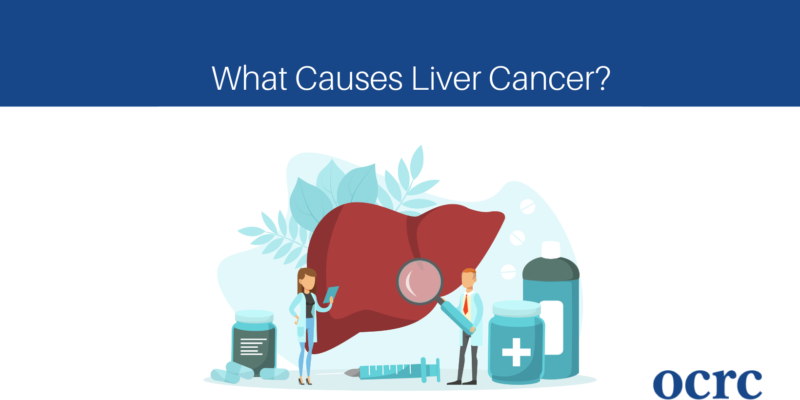
October is Liver Cancer Awareness Month, which means it’s a good time to educate yourself about one of the deadliest forms of cancer—especially if you or a loved one may be at risk.
Simply put, you cannot live without your liver. As the largest internal organ and gland in your body, the liver serves many important functions. Important functions include producing proteins necessary for blood clotting; absorbing nutrients and converting them into usable substances; breaking down toxic substances for removal from the body. If your liver can’t do its job effectively, your life could be at risk.
Unfortunately, for those with liver cancer, an organ transplant isn’t the solution since most cases don’t actually stem directly from the liver. In fact, only about two percent of cancers in the United States start in the liver. The majority of liver cancers are metastatic (secondary). This means that they started somewhere else in the body and spread to the liver. By the time this form of cancer is detected, the disease is already in a pretty advanced stage.
Treatment options for cancer of the liver vary depending on several factors. This includes the overall condition of the liver, the source of cancer, and the person’s age and overall health, for example.
The best way to protect yourself from cancer of the liver is to be aware of the risk factors and symptoms. Factors contributing to the risk of developing liver cancer include:
For general liver protection, it’s important to avoid or limit the intake of alcoholic beverages (no more than one drink per day for women, and no more than two for men) and maintain a healthy weight. A healthy lifestyle is a vital step to keeping your organs healthy.
Symptoms of liver cancer don’t often present themselves in the early stages of the disease. However, if you or a loved one begins to see any of the following symptoms, it would be worth talking to a doctor.
If you believe you may be at risk of liver cancer, talk to your doctor about whether you should see a liver specialist and/or get screened regularly. Screening options can include blood testing, ultrasounds, CT/CAT scans, or MRIs. t’s important to catch any signs of liver disease early, whether it’s a viral infection, chemical damage, or an immunological issue.
Researchers at the American Liver Foundation are currently undergoing studies to find new methods for treating liver cancer, and clinical researchers are always looking for volunteers to participate in their studies. Your own doctor and/or community hospital may be involved in clinical trials as well. Additionally, you can always contact us to inquire about current research volunteer opportunities, or check out our blog about how to find clinical trials in your area.
